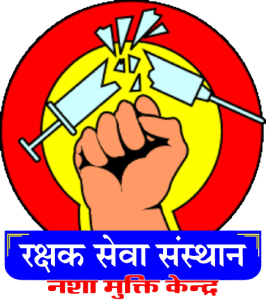What is Dual Diagnosis Treatment?
Dual diagnosis treatment refers to the simultaneous treatment of both a mental health disorder and a substance abuse disorder. This type of treatment addresses the complex relationship between mental health and substance abuse, and aims to address both conditions in a coordinated and integrated way. This approach often involves a team of healthcare professionals, such as a psychiatrist, a therapist, and a substance abuse counselor, working together to develop an individualized treatment plan for the patient. The goal of dual diagnosis treatment is to help the patient achieve and maintain long-term recovery from both their mental health and substance abuse disorders.
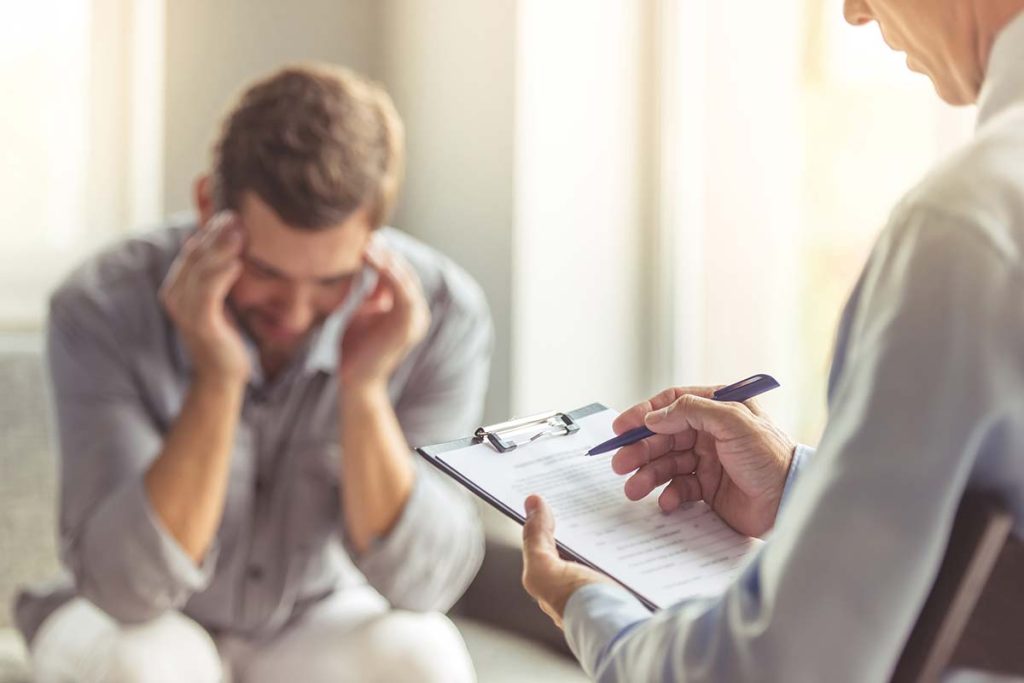
Why Choose

DAILY ASSISTANCE
Recovery Monitoring, assistance in daily activities, and regular updates to family relatives about the progress.

BEST LIVING CONDITIONS
Feels like a home for patients, we provide homely conditions which makes stay more comfortable and helps in fast recovery.

24/7 PROFESSIONAL CARE
Doctors, nurses, attendants are available 24/7 so that each patient gets 360 degree of attention and the necessary treatment.

SOCIAL ACTIVITIES
Extra activities play a vital role. We have daily yoga, meditation sessions, Dramas, Plays, Dance, Music, and Other entertainment programs to help people in speedy recovery.
The most effective treatment approaches for individuals with dual diagnosis
Some of the most effective treatment approaches for individuals with dual diagnosis include:
- Integrated treatment: This approach combines treatment for both the mental health disorder and substance use disorder simultaneously.
- Cognitive-behavioral therapy (CBT): This type of therapy can help individuals with dual diagnosis identify and change negative thoughts and behaviors that contribute to their disorders.
- Motivational interviewing (MI): This approach can help individuals with dual diagnosis overcome ambivalence and resistance to treatment.
- Medication-assisted treatment (MAT): This approach uses medication to reduce cravings and withdrawal symptoms associated with substance use disorders, making it easier for individuals to engage in therapy
- 12-step programs: Support groups such as Alcoholics Anonymous and Narcotics Anonymous can provide individuals with dual diagnosis a sense of community and support.
- Family therapy: This type of therapy can help family members understand and support their loved one with dual diagnosis.
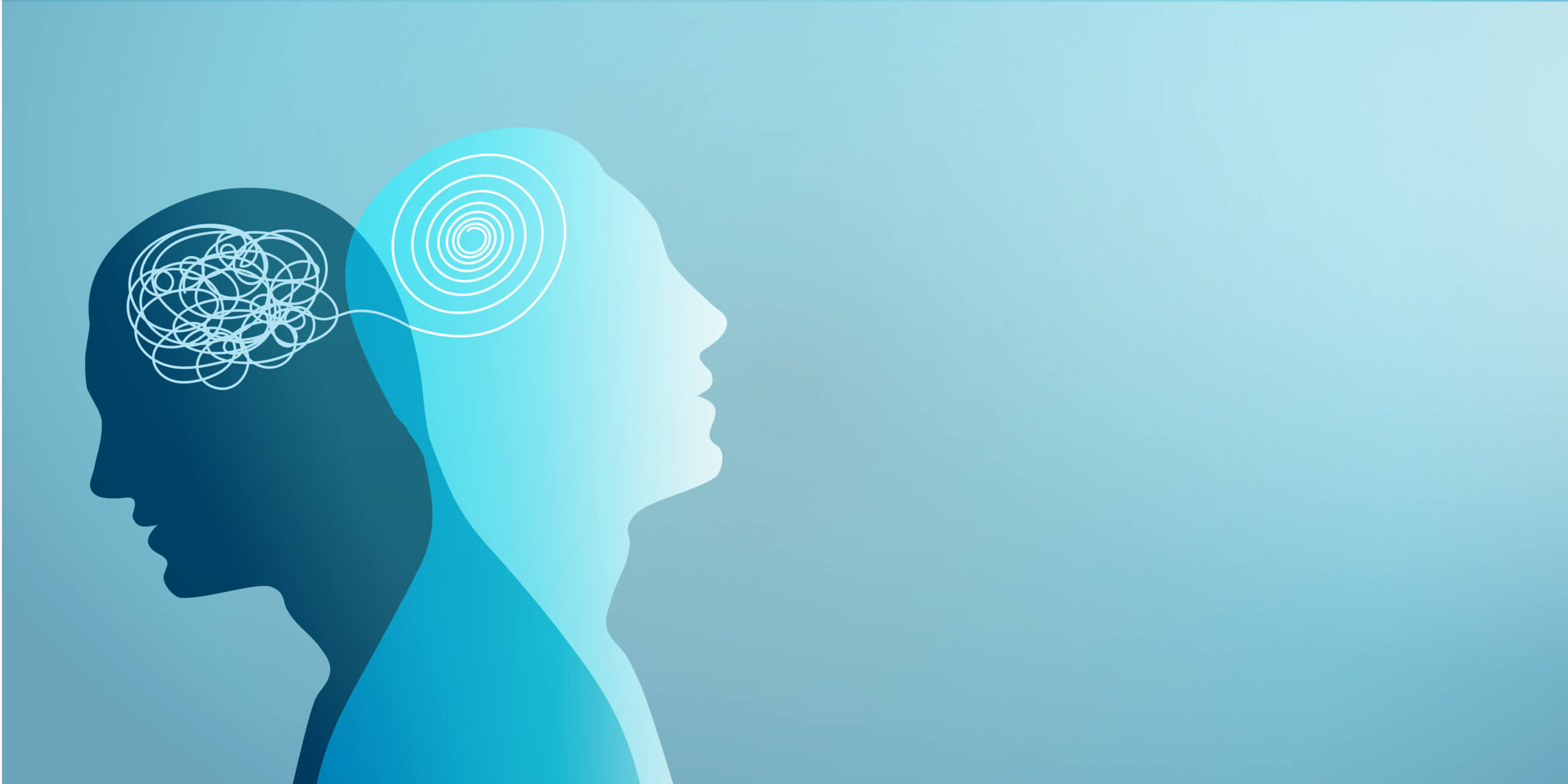
Need of Dual Diagnosis Treatment
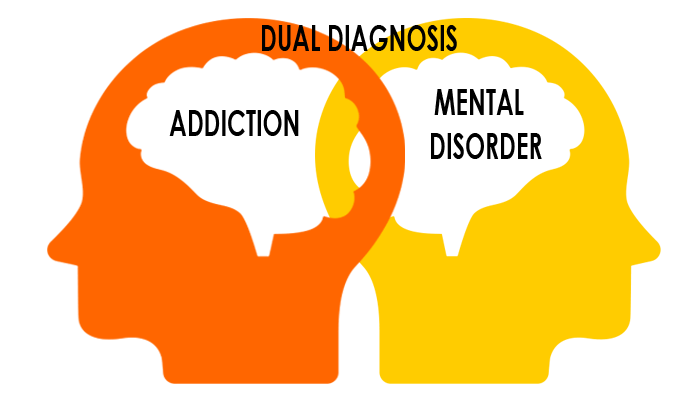
The presence of a co-occurring disorder can complicate the diagnosis and treatment of the other, and can also worsen the prognosis. For example, an individual with a mental health condition may self-medicate with drugs or alcohol, which can lead to addiction and exacerbate symptoms of the mental health condition. Similarly, an individual with a substance use disorder may be at a higher risk for developing a mental health condition as a result of their substance abuse.
In addition, people with co-occurring disorders may have a more difficult time maintaining sobriety, staying in treatment, and achieving lasting recovery. Dual diagnosis treatment addresses the unique needs of the individual and helps them to achieve the best possible outcome.
Effects of Dual Diagnosis Treatment
Studies have shown that treating both conditions at the same time, rather than treating them separately, can lead to better outcomes for individuals. This is because the presence of a substance use disorder can complicate the treatment of a mental health disorder and vice versa. The best approach is integrated treatment, where a team of Mental health and substance use disorder professionals work together at the best rehab center to address all aspects of a person’s health. This can include therapy, medication management, and support groups.
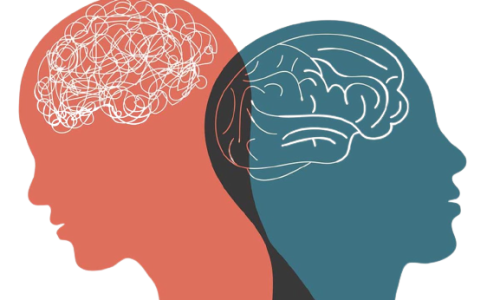
Why is Dual diagnosis treatment important?
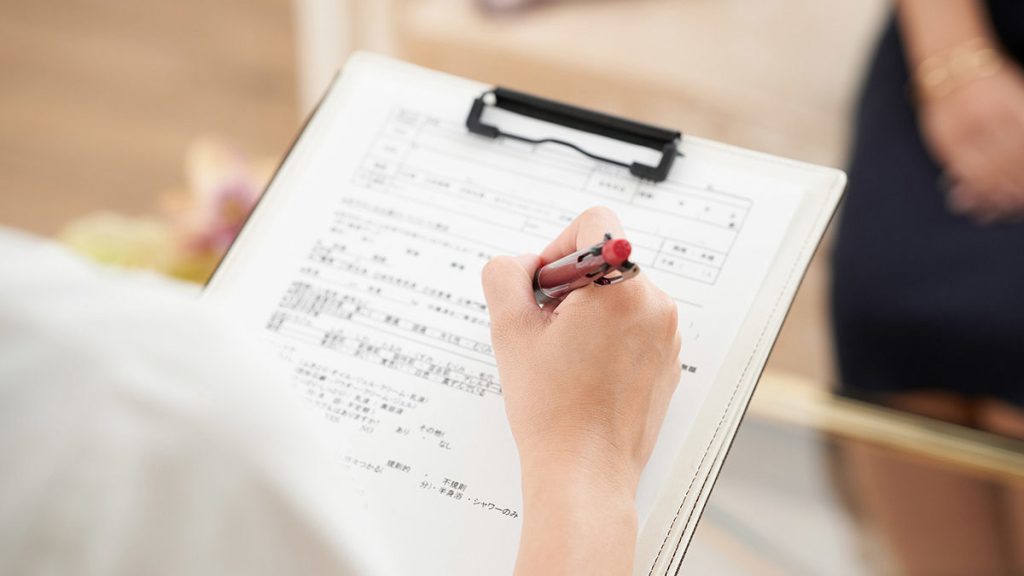
Dual diagnosis treatment is important because individuals who have both a mental health disorder and a substance abuse disorder require specialized care that addresses both conditions simultaneously. Treating one condition without addressing the other can lead to poor outcomes and a higher risk of relapse. Dual diagnosis treatment typically includes a combination of psychotherapy, medication, and support groups, tailored to the specific needs of the individual. It aims to address the underlying causes of both disorders and provide the tools and resources necessary for recovery and long-term stability.
Dual Diagnosis Treatment at Rakshak Nasha Mukti Kendra in Jodhpur
Rakshak Nasha Mukti Kendra (RNMK) is a rehab center in Jodhpur that provides treatment for individuals with dual diagnosis. Treatment at RNMK typically includes a combination of therapy and medication to address both the mental health disorder and the substance use disorder.
Some of the specific types of therapy offered at RNMK include Cognitive-Behavioral Therapy in Jodhpur, which helps individuals change negative thought patterns and behaviors related to their disorders, and motivational interviewing, which helps individuals develop the motivation to change their substance use behaviors.
Medication-assisted treatment (MAT) is also offered at RNMK, which involves the use of medications such as methadone or buprenorphine to help individuals reduce or stop their substance use.
It is also important to note that the success of Rehabilitation treatment at RNMK will depend on factors such as the severity of the disorders, the individual’s engagement in treatment, and the availability of appropriate treatment. It is always recommended to have a good follow up and continuity of care to ensure the best outcome.
RNMK is available 24*7 for this service and mentored by highly effective and professional specialists. Telephonic services are also available.
It is important to note that self-diagnosis is not advisable for dual diagnosis treatment and one should seek professional help for on point diagnosis and treatment which is to be provided very professionally and profoundly at Rakshak nasha mukti kendra in Jodhpur.
Frequently Asked Questions
Contact Us

Call Us
8854892934,7297879351 , 9571102993

Mail Us
Rakshaknashamuktphalodi@gmail.com

Reach Us
plot no. 25, near telephone exchange, Bapu Nagar, housing board, phalodi
